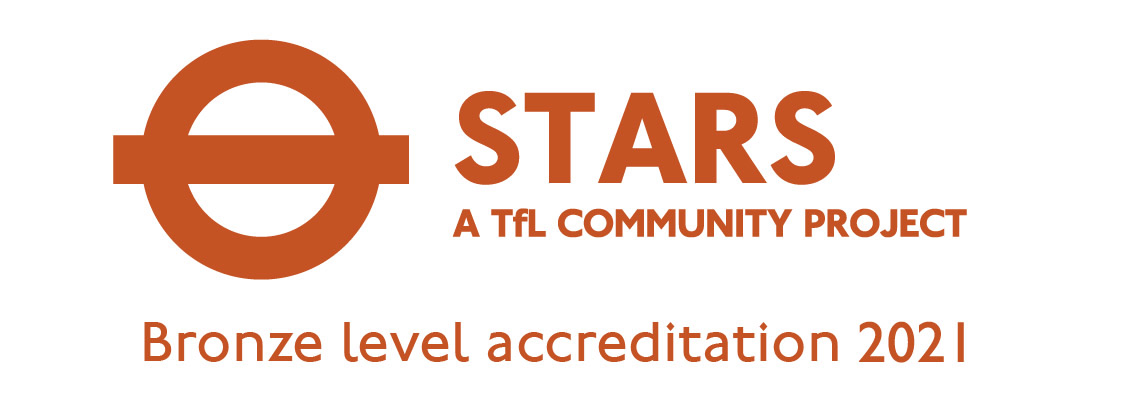British Values at St Peter’s Catholic School
At St Peter’s, we believe that the best way to promote British Values is through our ethos, the way the school is run, the decisions we make and the behaviour we model.
We recognise the importance of ensuring the children think and learn about each of the British Values and how that affects their own decisions and behaviour.
We are committed to serving our community. We recognise the multi-cultural, multi-faith and ever-changing nature of the United Kingdom. We understand and embrace the vital role we have in ensuring that groups or individuals within the school are not subjected to intimidation or radicalisation by those wishing to unduly, or illegally, influence them.
St Peter’s follows equal opportunities guidance which guarantees that there will be no discrimination against any individual or group, regardless of faith, ethnicity, gender, sexuality, political or financial status, or similar. As a school, we are dedicated to preparing students for their adult life beyond the formal examined curriculum and ensuring that it promotes and reinforces British values to all its students.
The Government emphasises that schools are required to ensure that key ‘British Values’ are taught in all UK schools. The Government set out its definition of British values in the 2011 Prevent Strategy and these values were reiterated in 2014.
The British Values are:
- Democracy
- The rule of law
- Individual liberty
- Mutual respect
- Acceptance of those of different faiths and beliefs
We aim to use the correct language: ‘democracy/democratic’ not ‘vote’
We demonstrate democracy through:
- Pupil voice
- School council
- Voting – eg for a class prayer, poem, book and game etc
- Elections
- Questionnaires – be explicit about how these contribute to democracy: curriculum, Gospel values
- Contribution to school policies – eg staff, parents and pupils all consulted on behaviour policy
- Education about community, national and international elections and events in the news
The rule of law
St Peter’s promotes positive attitude
to rules which make us safe and happy.
We demonstrate the rule of law through:
- Covid-19 lockdown rules
- Bubbles and new rules in school to do with Covid-19
- Our behaviour policy
- School rules and what happens if we break them (Good to be Green, going on the wall at playtime/parents being informed)
- Visits from police to reinforce the message of right and wrong
- Visits from magistrates to understand the independence of the courts
- Highlighting the rules of the Church and God in the RE curriculum, for example the 10 commandments and the Precepts of the Church
Teaching, as age appropriate, about the development of the Rule of Law in English Law, a legal system created uniquely in a Catholic England, inspired by Christian values and becoming a major influence across the world
Individual Liberty
We teach children about the importance of each individual’s freedom to make their own choices.
We demonstrate individual liberty through:
- Having a mission statement that is inclusive
- Constantly promoting respect for others as good manners
- Reinforcing the value of everyone’s opinions in class debates
- Having an effective anti-bullying policy
- Emphasising in RE lessons, and through assembly themes, that every person is unique and “created in the image of God”
- Supporting charitable works such as CAFOD, Children in Need, NSPCC and local food banks
- Encouraging children to be independent in their learning: choosing activities and challenges
- Encouraging children to take responsibility for their own behaviour choices (Stay on Green)
- Setting clear, safe boundaries which then allow the children to make choices
- Demonstrating that through school policies and actions that all members of the school population are treated equally whatever their beliefs
Mutual respect
St Peter’s promotes positive attitudes
to rules which make us safe and happy.
We demonstrate mutual respect through:
- Our mission statement, ethos, values and beliefs
- Our relationships
- How we treat and speak to and about each other
- Our courtesy and manners: using each other’s names, how we greet one another, holding the door open for each other
- Looking for what is good as our starting point
- Buddying systems
Acceptance of other
faiths and beliefs
We teach an acceptance that other people having different faiths or beliefs to oneself (or having none) should be accepted and tolerated, and should not be the cause of prejudicial or discriminatory behaviour
We demonstrate acceptance of other faiths and beliefs through:
- Our inclusive mission statement
- Welcoming and valuing those of other faiths and none in our school community
- In Religious Education providing pupils with a deep understanding of their own faith as well as awareness of the faith and traditions of other religious communities as a basis for understanding and respecting them
- Showing how Jesus encouraged tolerance in stories such as The Good Samaritan and The Women at the Well
- Combatting discrimination and prejudice overtly through instruction and example and through story, drama, discussion.
- Having effective equalities and accessibility policies

.png)
.jpg)


.png)




